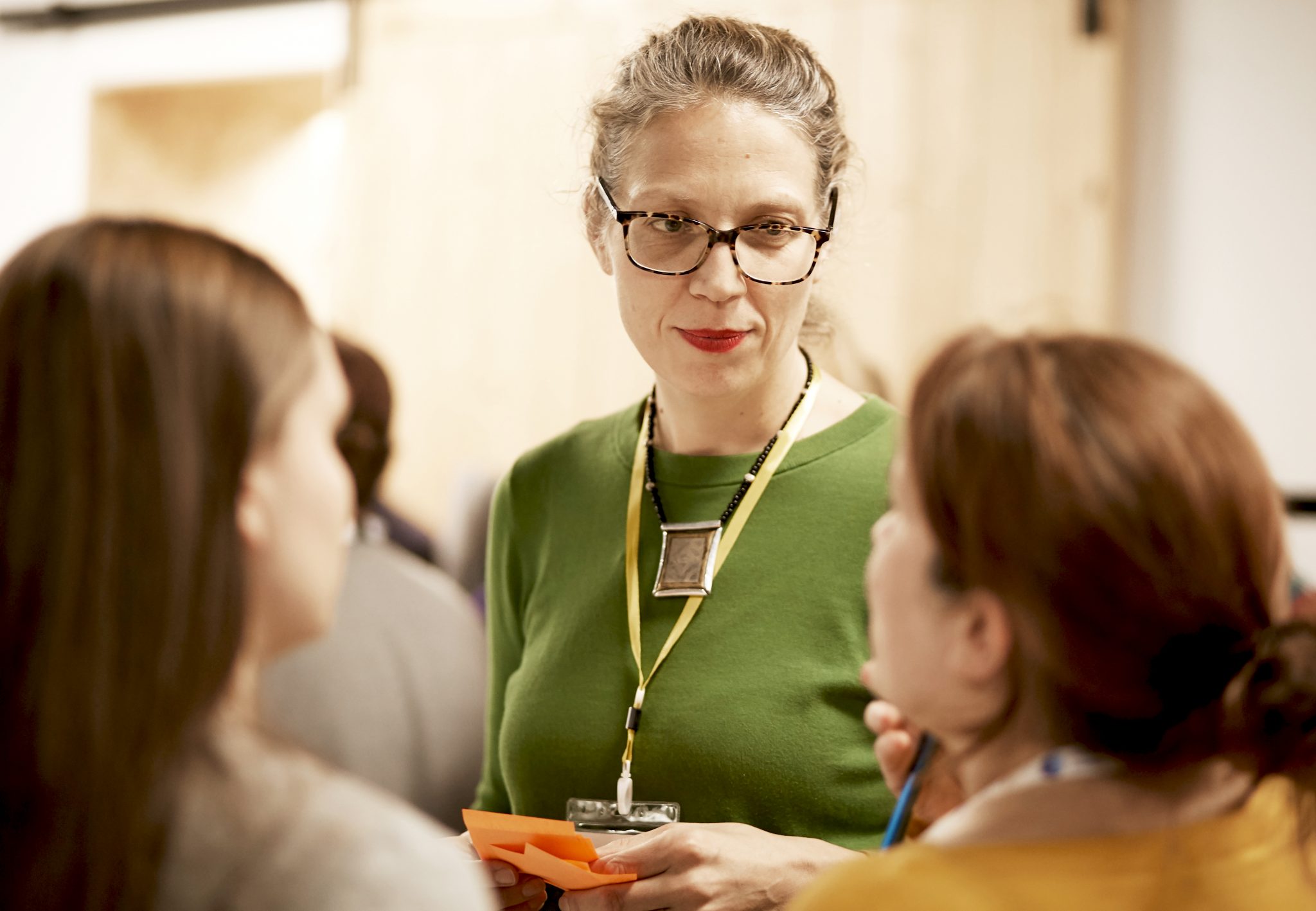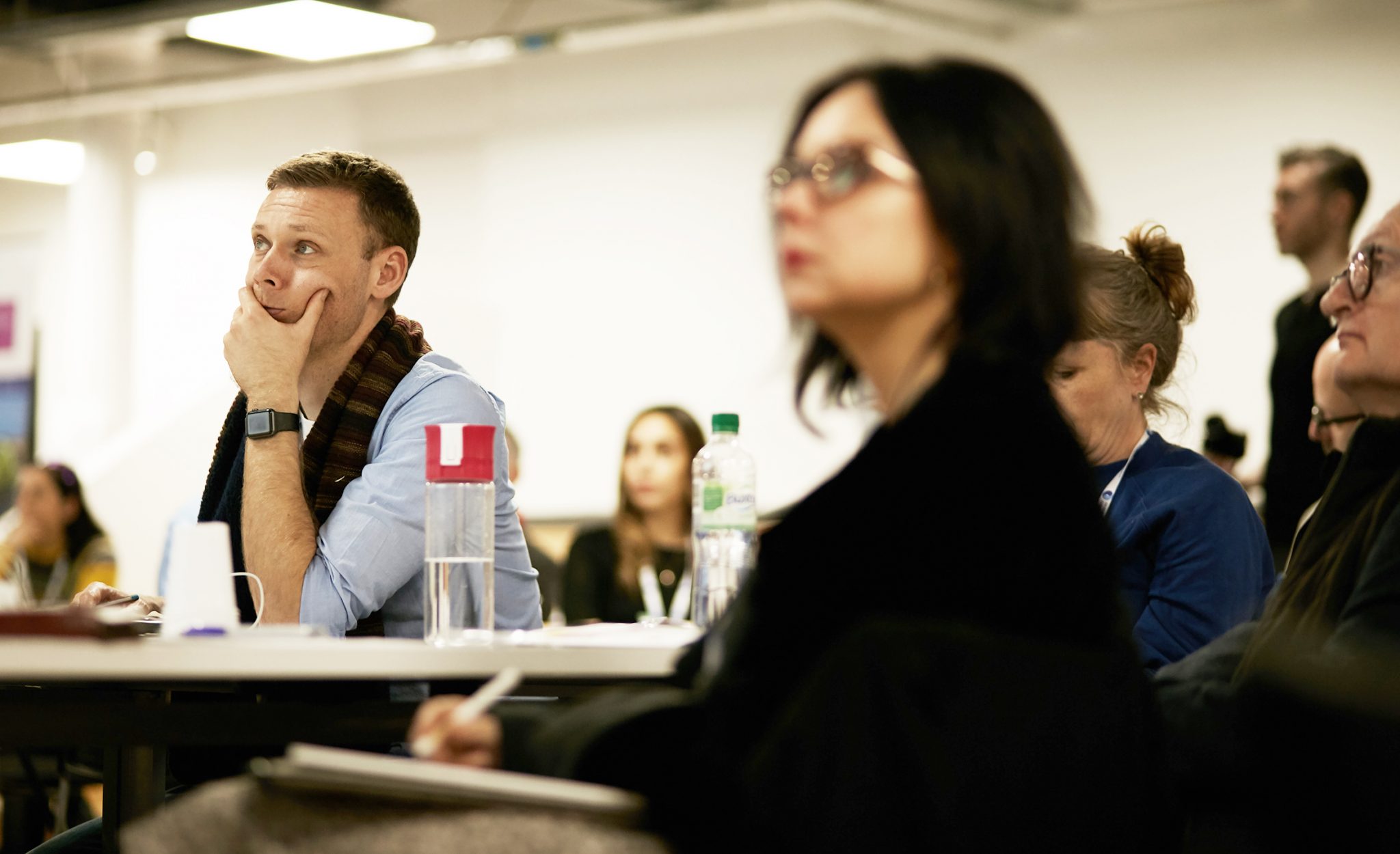The Co-operative College is seeking university status in an attempt to disrupt the higher education system.
The ambitious plan will see the College acquire degree awarding powers and work in collaboration with other organisations under a federated structure.
The College formed a Co-operative University Working Group in 2017 in response to the UK Higher Education Research Act, which encourages the formation of ‘challenger’ institutions complementary to the existing university system.
An educational charity, the College is already delivering higher education in collaboration with university partners but it wishes to acquire degree-awarding powers and hopes to be able to offer degree level courses from autumn 2019. On 31 August 2018 it submitted its application for degree awarding powers to the Office for Students.
Related: Simon Parkinson introduces the Co-op College special edition
The University would provide four courses starting in the 2019/20 academic year: a BA in International Development and Co-operation; a BA in Social Movements and Parallel Histories; a BA in Co-operative Leadership, Culture and Management; and a PG Certificate in Co-operative Education and Practice.
All courses will start with a module in co-operative learning, research and practice.
Future degree offers will include accredited higher education programmes in democratic practice; social and community organising; community history and culture; human ecology; art and community; alternative forms of social and economic organisation; and the nature and future of work.
In March, over 100 people attended the Co-operative College’s information day to discuss the Co-operative University. Over the coming months, the College will be hosting similar events across the country to raise awareness about the initiative.
“We’re now at the next stage of this journey,” said Simon Parkinson, principal and chief executive of the College.

The courses will be tailored to meet the needs of a diverse community, especially adult learners.
College trustee Hazel Johnson said the university aimed to “produce learners who will play a key role in building a different kind of future”.
Vice-principal Cilla Ross added: “The Co-operative University is not just going to provide academic experience, but also support and learning. It is going to open up education and learning for many people that at the moment are being excluded. There is nowhere like this in the UK.”
Related: Dr Cilla Ross looks back on the story of the Co-operative College
The courses would cost £22,000 for the four-year period but students will get back £2,000 in member dividend. This means they will be cheaper than average degree programmes, which cost £27,000 of more. Students will be able to study part time as well, over a four-year period.
A key challenge will be having enough students registered to be able to run the courses. Academic programme manager Dr Polly Wilding says the aim is to get 15 students per course.
Who are the College’s partners?
So far, four organisations are working with the College to establish a federation of higher education co-operatives. These are RED Learning Co-operative, Oxford; Centre for Human Ecology, Glasgow; Feral Art School, Hull; and Leicester Vaughan College.
In Preston, the local council – which is a leading light of the co-op councils movement – is setting up 10 worker owned co-operatives and has expressed interest in helping to establish a Co-operative Education Centre.
The Research Education and Development (RED) Learning Co-operative in Oxford is made up of former members of Ruskin College in Oxford, who were made redundant in March 2017.
Co-founder Caroline Holmes says the co-operative model was a natural fit for them due to their distinct approach to learning. Knowledge was based on students’ experience and they were working in a co-operative environment in spite of being part of an academic institution. RED now runs professional development programmes for trade unions.

The Centre for Human Ecology was founded at the University of Edinburgh in 1972. It offered an MSc in human ecology. Now based in Govan, Glasgow, the centre is an independent educational co-operative open to new members.
Similarly, Feral Art School was originally part of Hull School of Art and Design. With the college making cuts, the school found itself without a home. It set up a community interest company and became a new art school for Hull, and now provides learning experiences for adults over 18 with a curiosity for engaging with and making artwork. Because it has no premises, the school runs classes at different venues in partnership with other organisations.
Leicester Vaughan College was also initially associated to the University of Leicester. In 2016, the university decided to let go of the lifelong learning centre. Tutors set up a community benefit society to focus on pedagogy over profit, explained Dr Malcolm Noble, a member of the co-op.
The college provides a non-accredited programme at levels 3 and 4 (for counselling) and level 4 (for arts, humanities and social sciences).
Bringing together all of these organisations, the federation will aim to make radical ideas relevant for now. Once the Co-operative College acquires
degree awarding powers, it will be able to accredit partner organisations delivering courses. Partner organisations will have to share commitment to co-operative pedagogy.